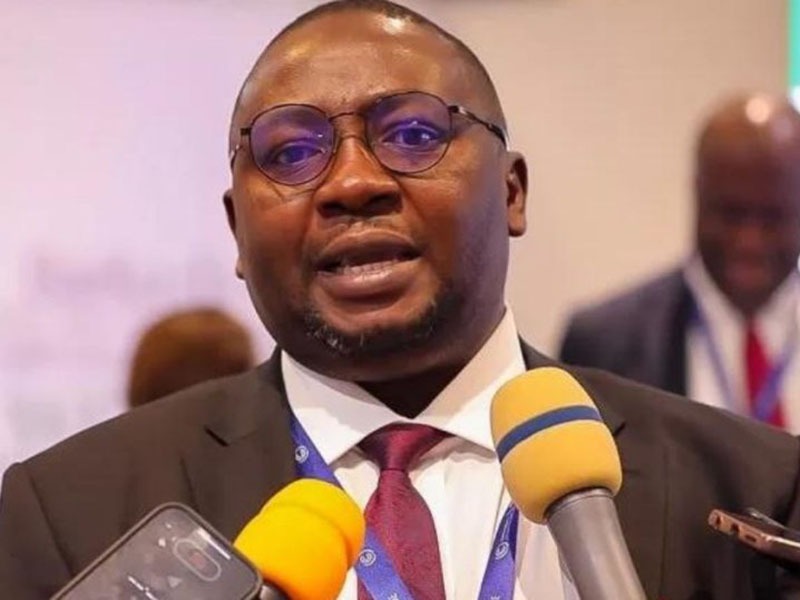The Minister of Power, Adebayo Adelabu, has announced a significant boost to Nigeria’s national grid capacity, attributing the improvement to progress made under the Siemens Presidential Power Initiative.
Speaking to State House correspondents on Wednesday in Abuja, Adelabu revealed that the pilot phase of the project has added 750 megawatts to the country’s transmission capacity.
He emphasised that the milestone has played a critical role in stabilising the nation’s fragile power grid.
“This pilot phase has added nothing less than 750 megawatts to our transmission grid capacity, which is why the relative stability that we are seeing in the grid today is a direct positive impact of the pilot stage completion,” the minister stated.
The pilot phase, which began following an agreement signed at COP28 in Dubai in December 2023, involves the importation, installation, and commissioning of 10 power transformers and 10 mobile substations.
Adelabu confirmed that eight of these have been fully commissioned, with the remaining two expected to be completed before the end of the year.
Looking ahead, the minister highlighted plans to add an additional 150 megawatts to the grid by the end of 2024, marking the completion of the pilot phase.
“We believe that before the end of the year, an additional 150 megawatts capacity will be added,” he said.
Adelabu reiterated the government’s commitment to upgrading the national grid, describing it as “old, fragile, and dilapidating.”
He expressed optimism that the ongoing Presidential Power Initiative, which includes subsequent phases of rehabilitation and expansion, will transform Nigeria’s power infrastructure.
The Siemens Presidential Power Initiative is a collaborative effort between Nigeria and Germany, aimed at modernising the country’s power grid and enhancing energy access for its growing population.
Adelabu also emphasised Nigeria’s commitment to renewable energy, aligning with its Energy Transition Plan to achieve net-zero emissions by 2060.
With abundant natural resources, including solar, wind, and hydroelectric potential, Nigeria is well-positioned to harness clean energy.
“Over 30 states in Nigeria enjoy a minimum of 10 hours of sunshine daily, and we also have access to both desert and coastal winds.
“With over 300 dams across the country, there’s untapped potential for hydroelectric power,” Adelabu stated.
Improved road networks, such as the Lagos-Calabar coastal highway and the Badagry-Sokoto road are expected to enhance access to the resources.
The minister also underscored the importance of off-grid power systems to address the country’s energy challenges.
“We must implement a distributed power model, where each of our 36 states and the FCT have their own generating plants embedded within the states.
“This ensures backup power during national grid failures,” he explained.
Germany remains a key partner in Nigeria’s energy ambitions. The country’s development agency, GIZ, has been instrumental in grid extension projects and renewable energy initiatives.
Additionally, private German investors have expressed interest in Nigeria’s solar, wind, and hydroelectric power sectors.
While no new agreements were signed during the latest discussions, Adelabu affirmed that efforts were focused on accelerating existing agreements.
“With Germany’s technology and our natural resources, we are confident that this partnership will expand energy access for Nigerians and support our transition to a sustainable energy future,” Adelabu concluded.
